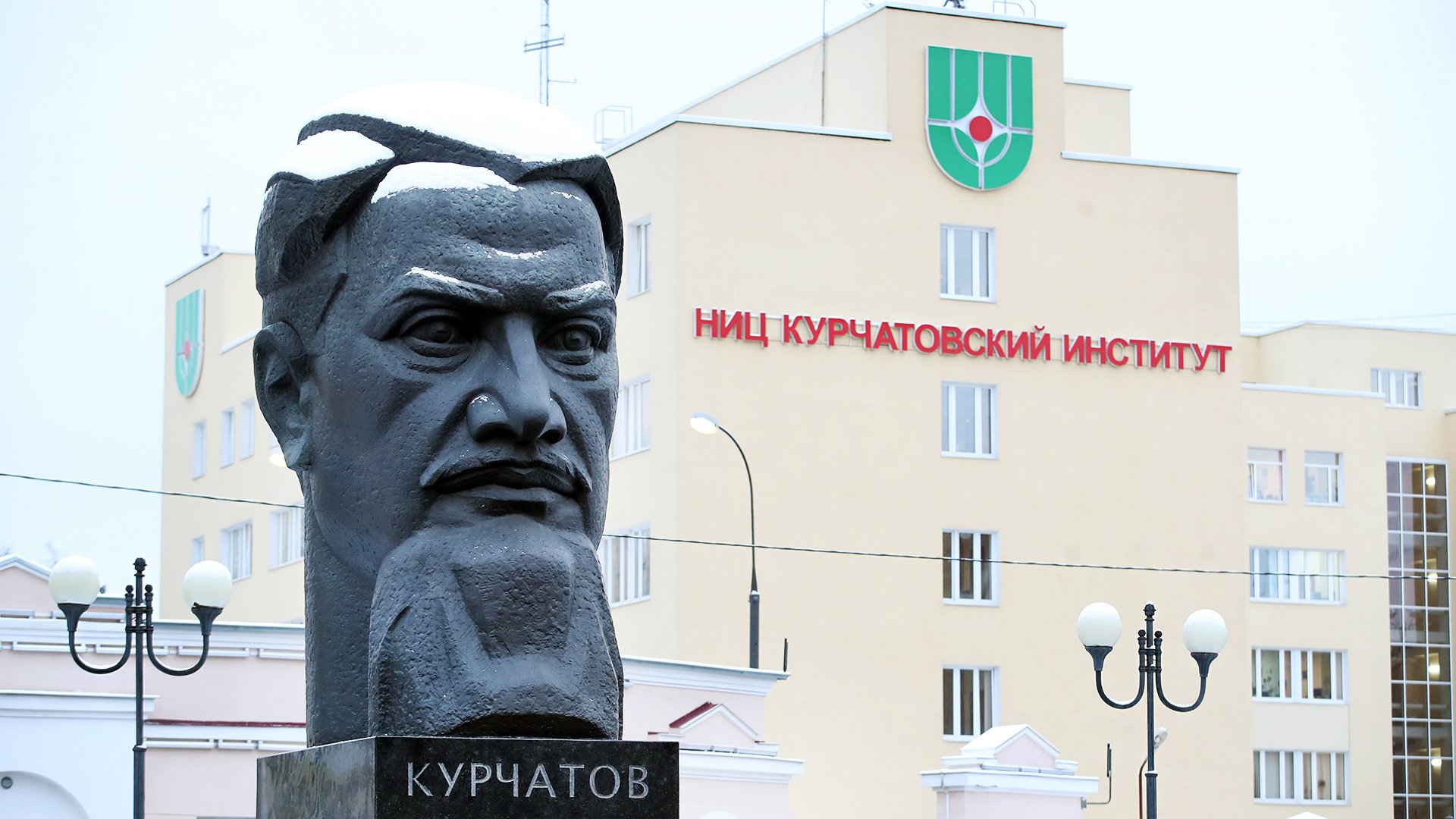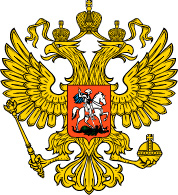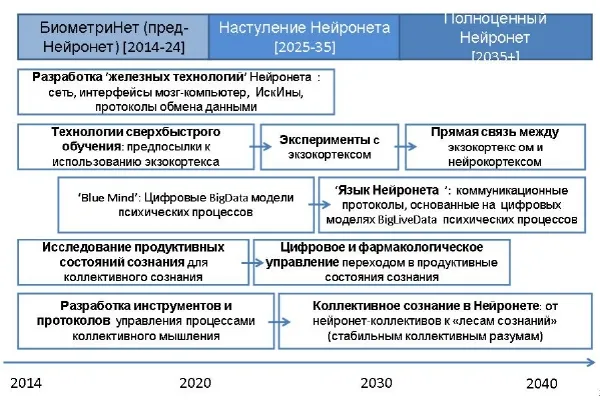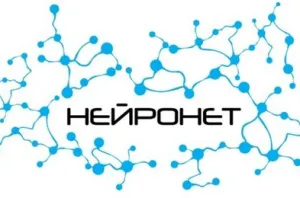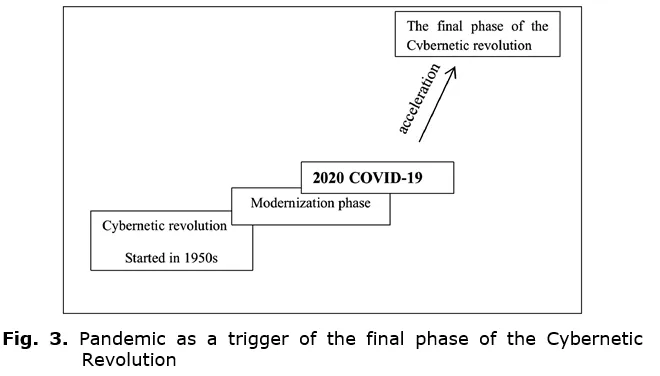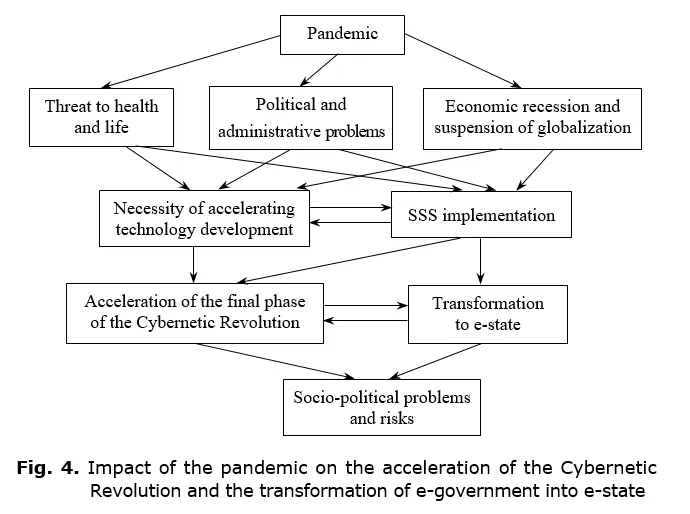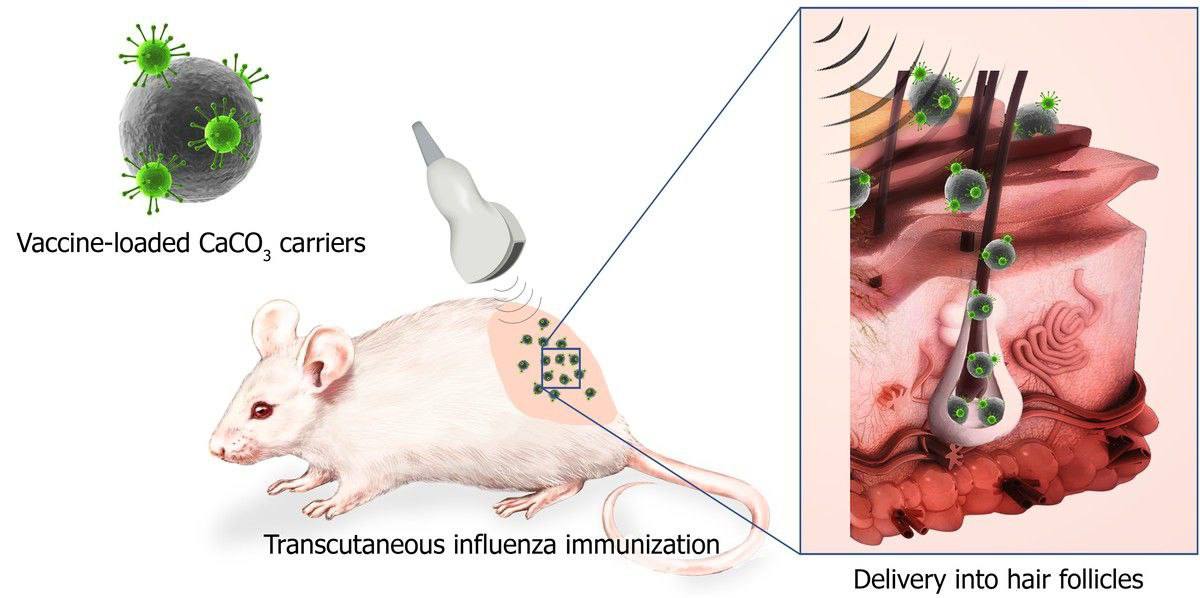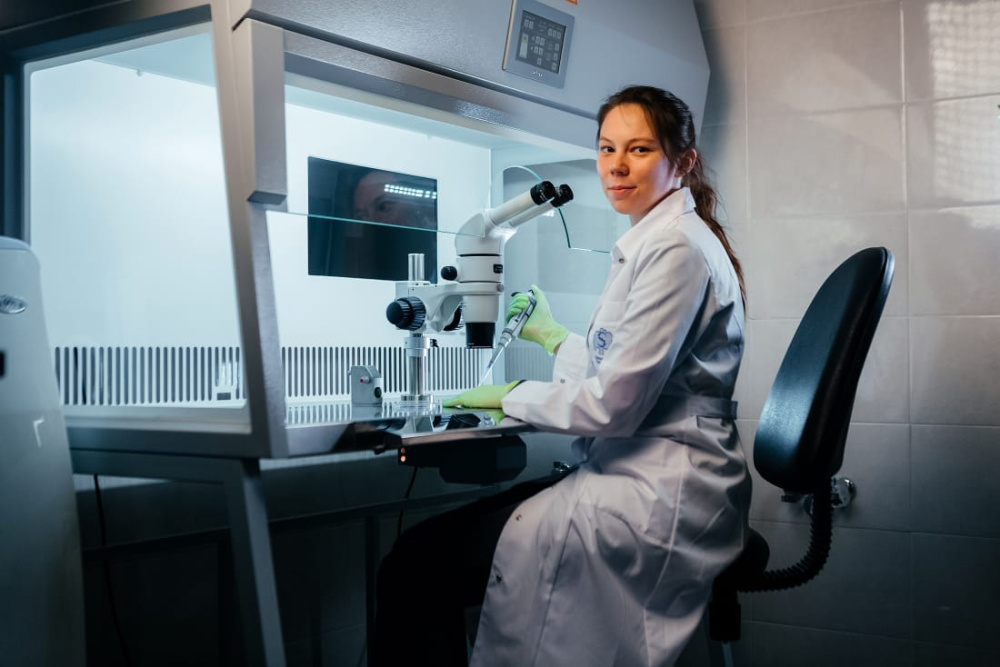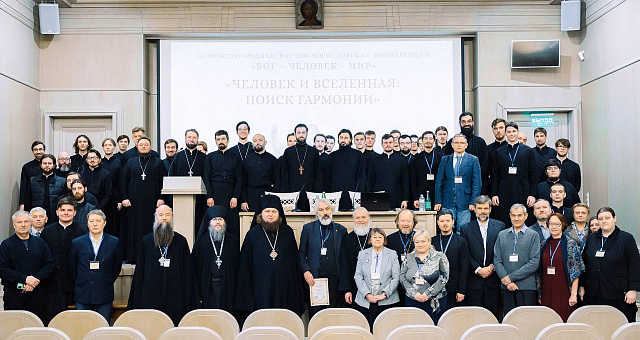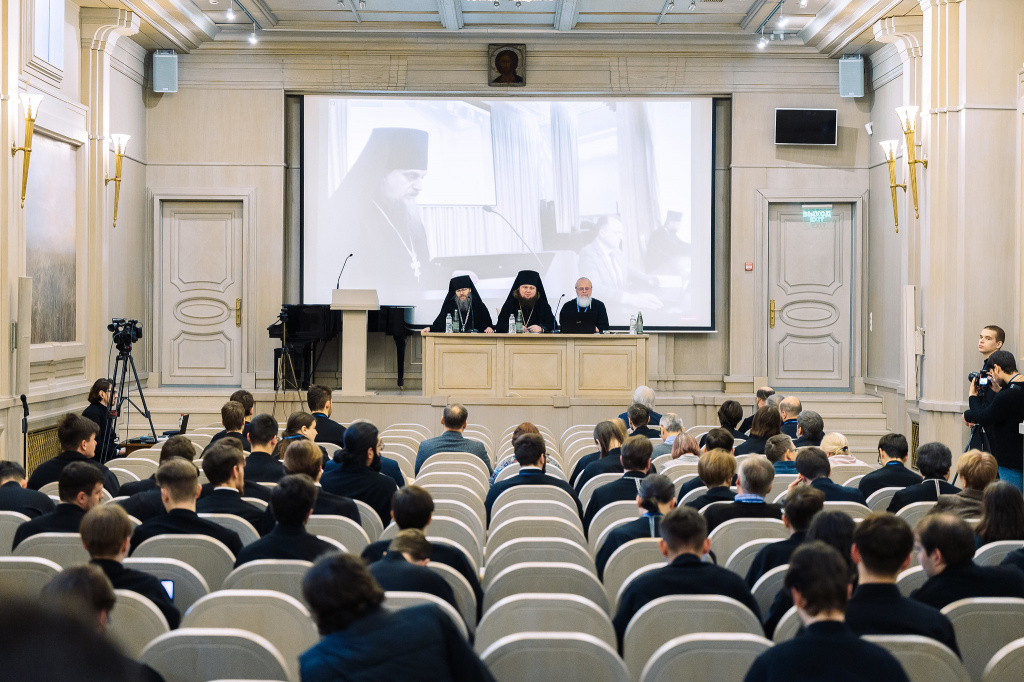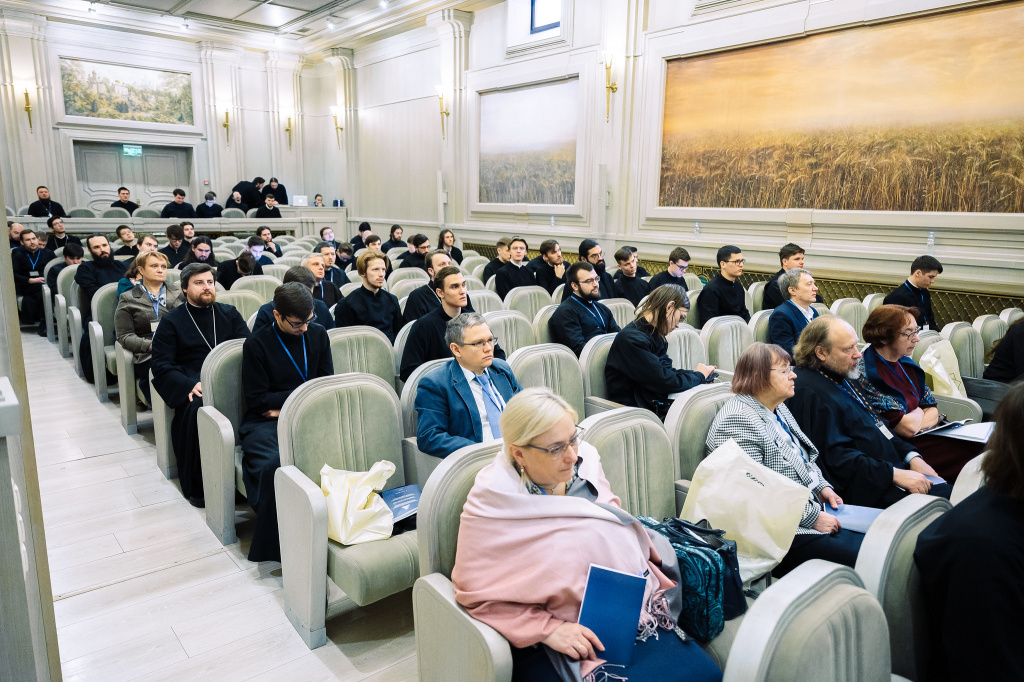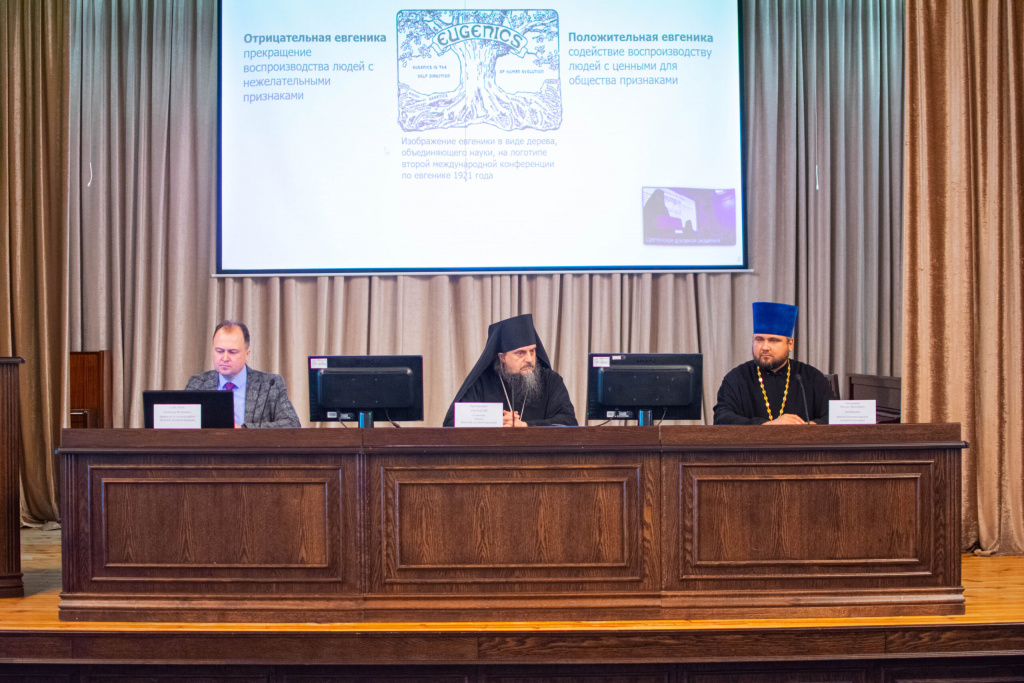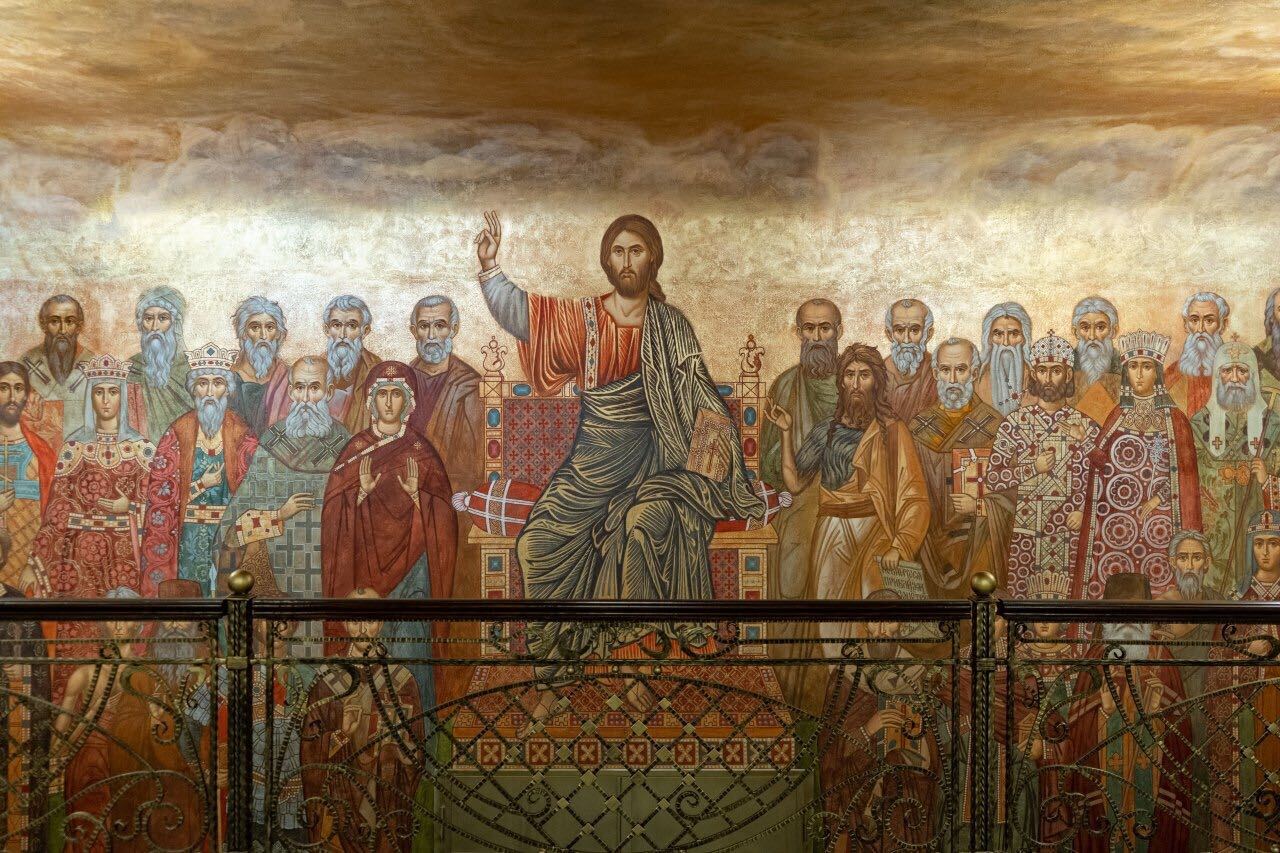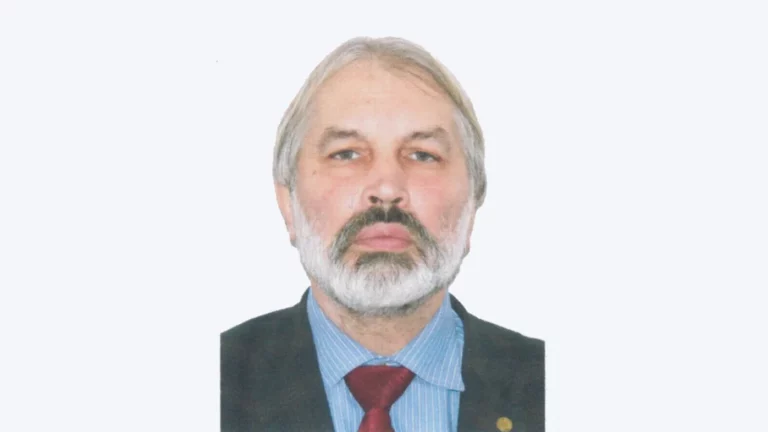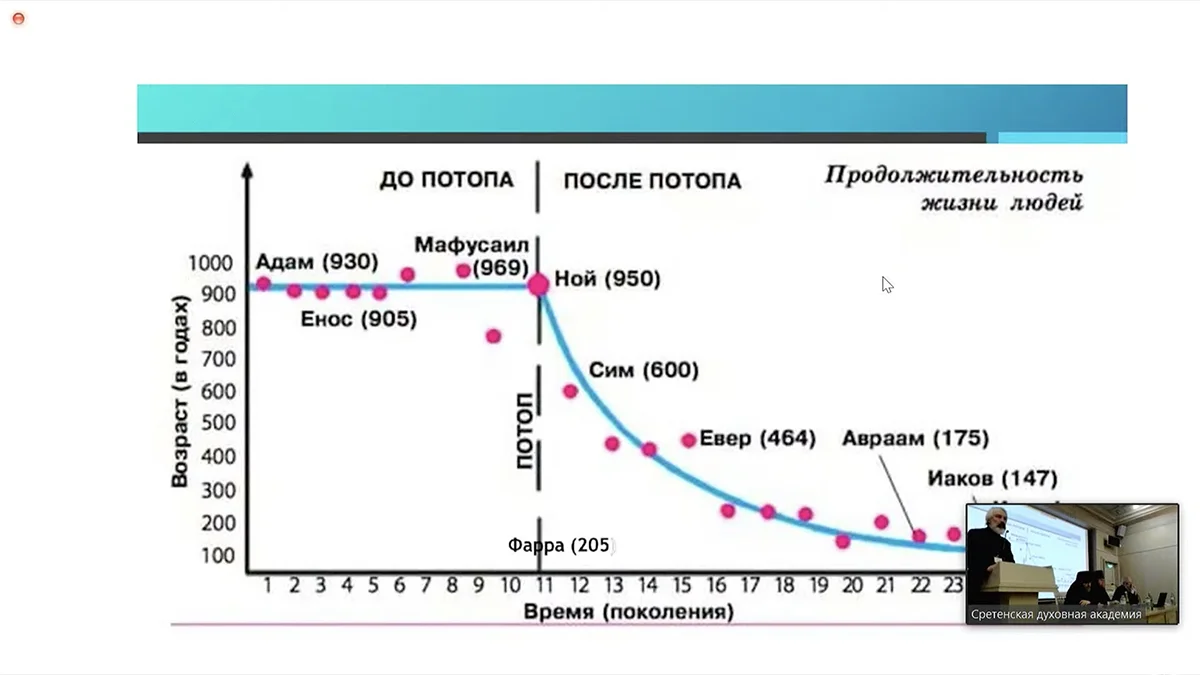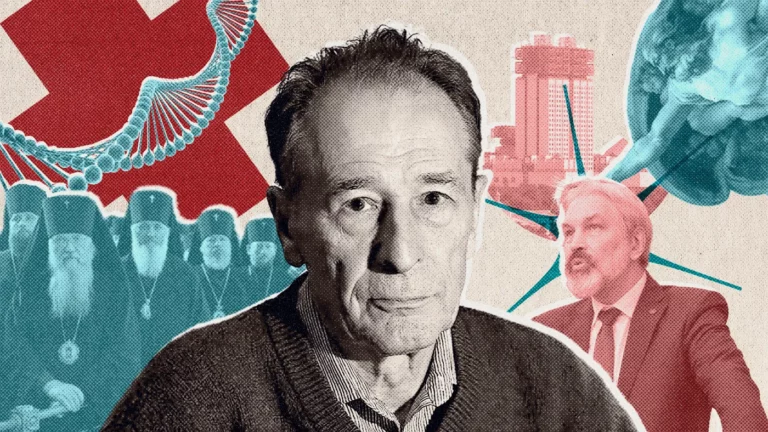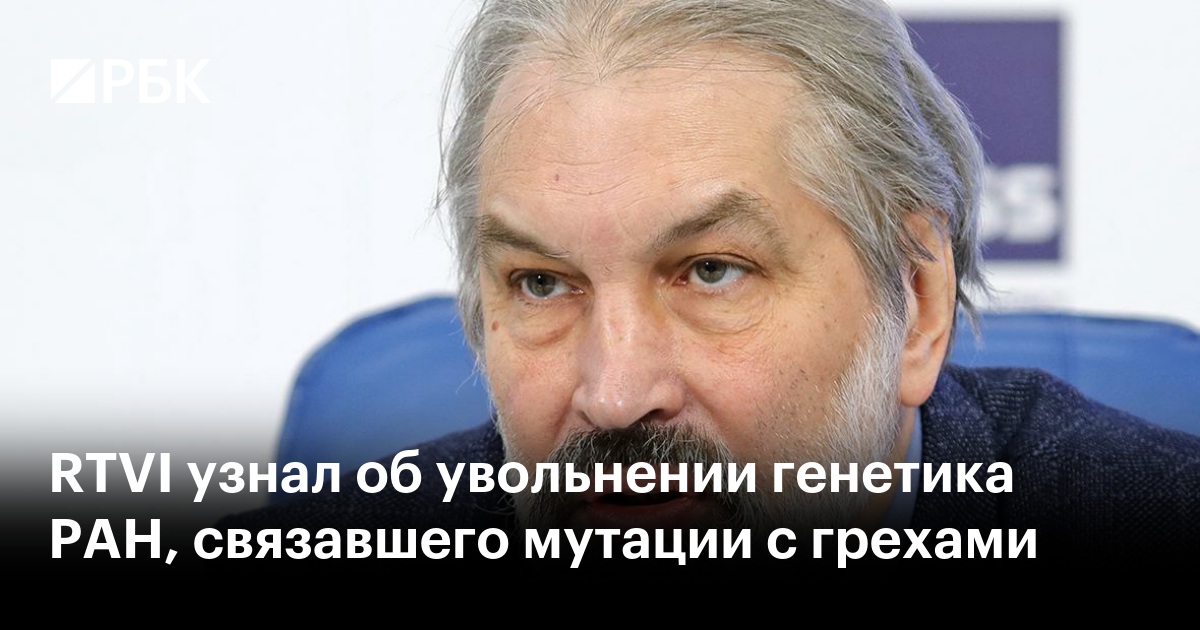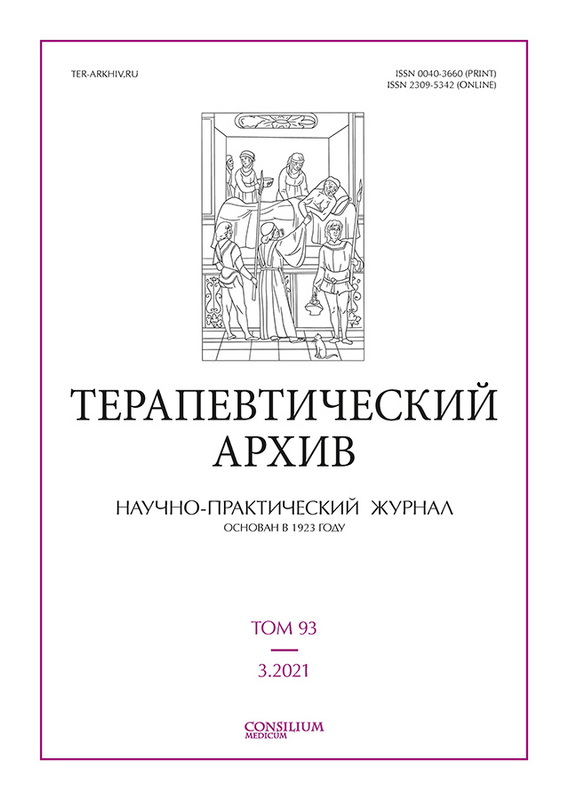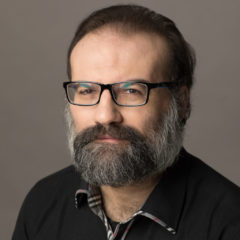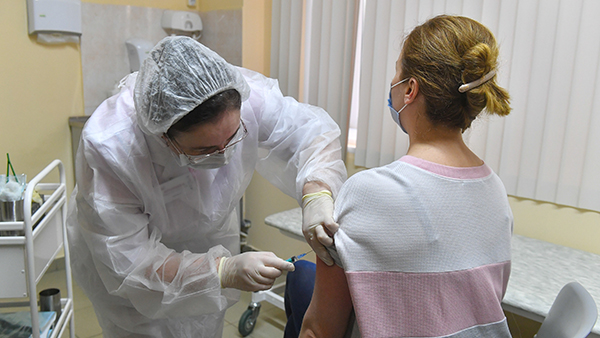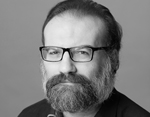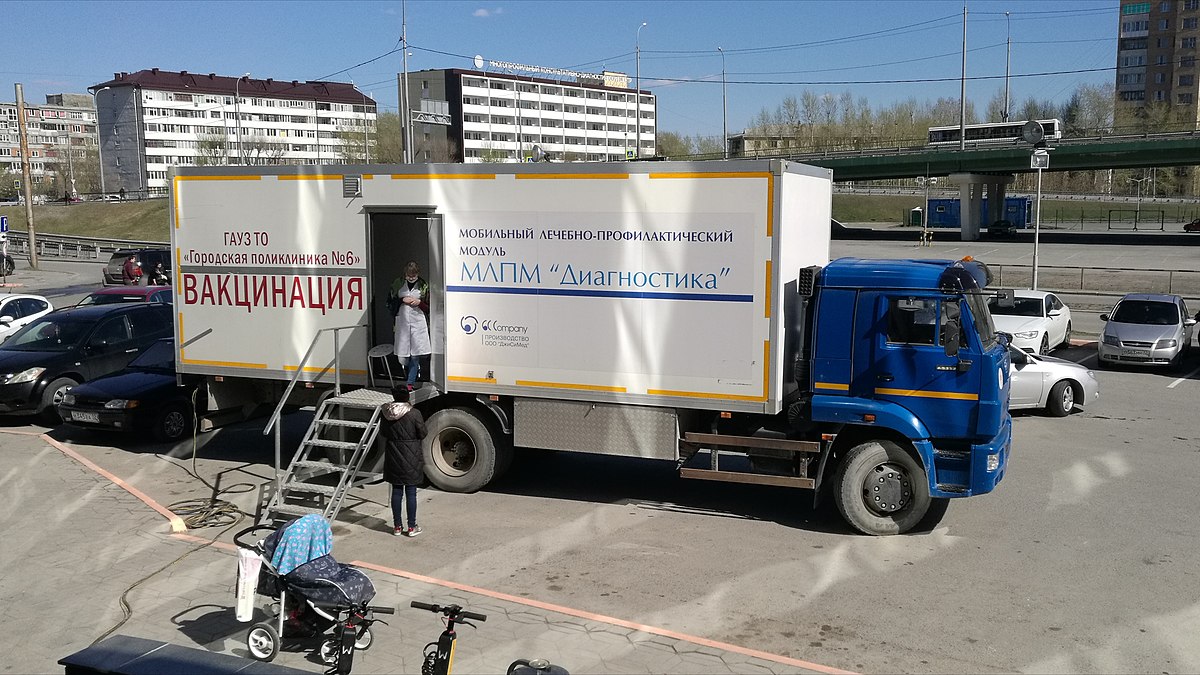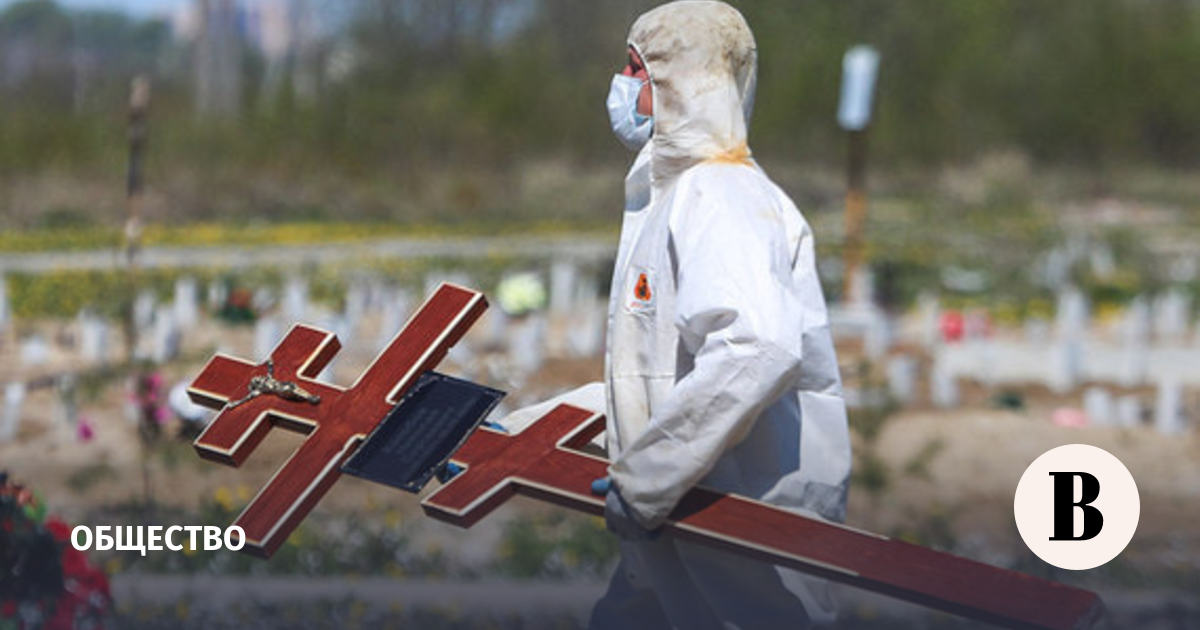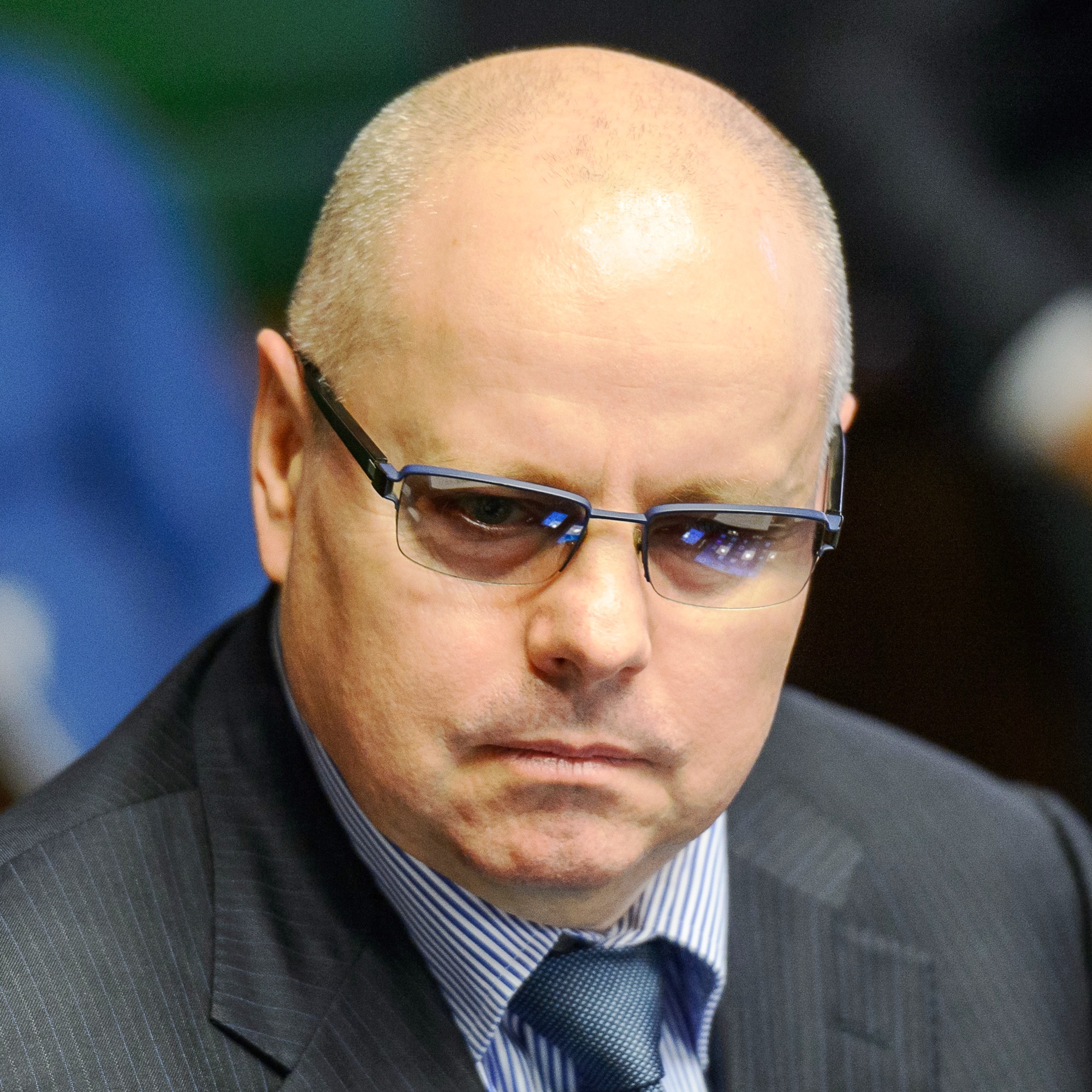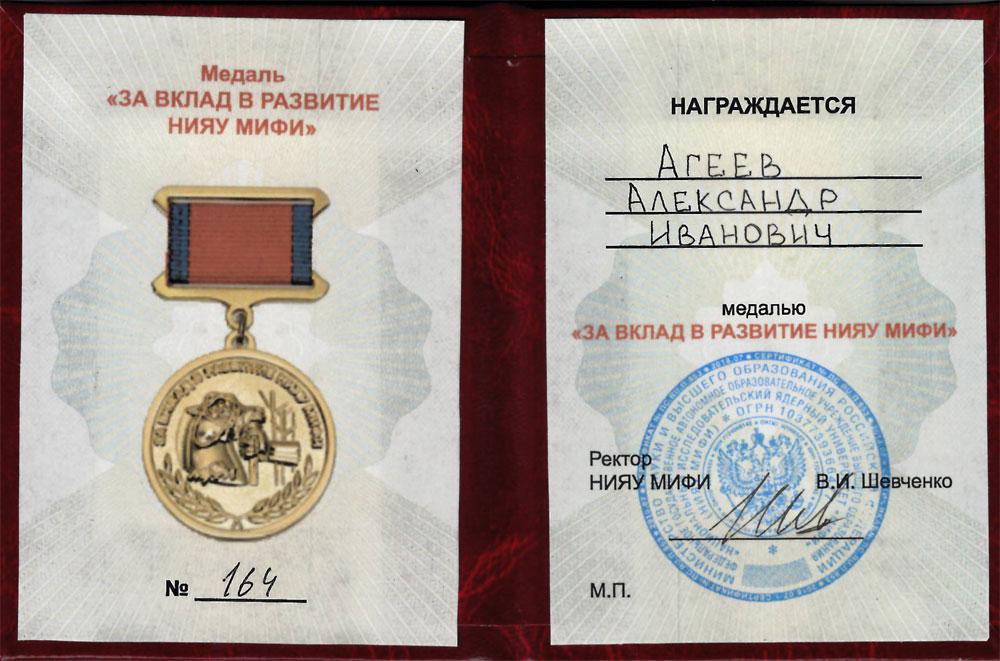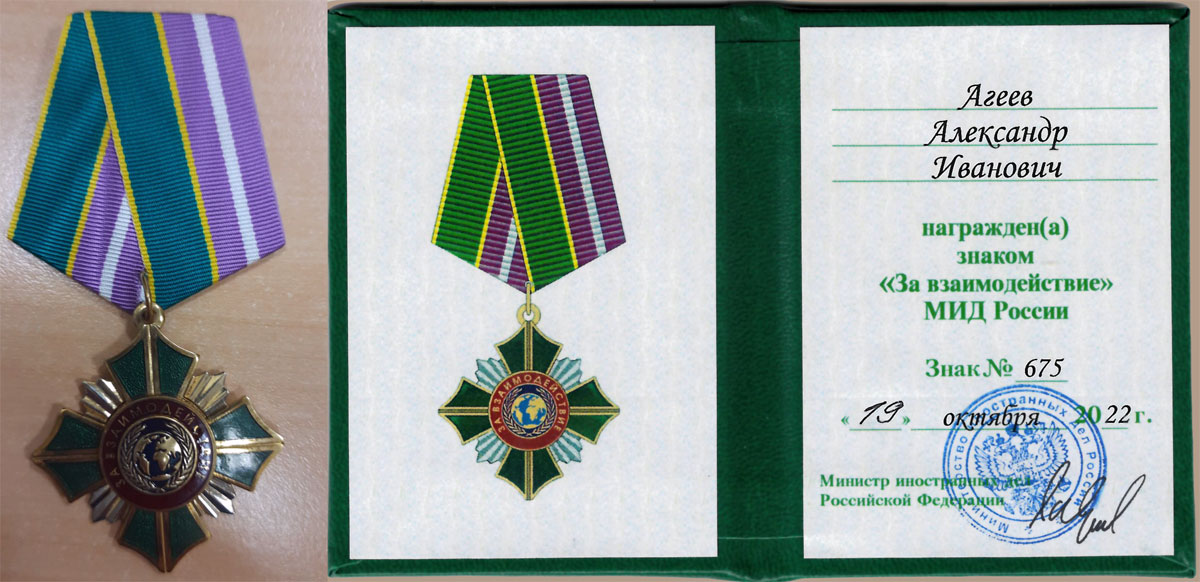The case of Kudryavtsev
***
Official website of the Russian Orthodox Church
14-15 марта Сретенская и Минская духовные академии в очно-заочном формате провели III Международную научно-богословскую конференцию «Бог - человек - мир». Форум был посвящена теме «Человек и Вселенная: поиск гармонии».

www.patriarchia.ru
Sretensky and Minsk Theological Academies held the III International Scientific and Theological Conference "God — man — the world"
March 16 , 2023
On March 14-15, 2023, the Sretensky and Minsk Theological Academies held the III International Scientific and Theological Conference "God — Man — the World". The forum was dedicated to the topic "Man and the Universe: the search for harmony".
The conference began with a plenary session on March 14, which was held simultaneously in both educational institutions in full-time and correspondence format. In addition to numerous representatives from various regions of Russia and Belarus, the forum was attended by speakers from Austria, Kazakhstan, Serbia, the USA and France, scientists, teachers, students and postgraduates of theological and secular universities. In particular, teachers of the St. Petersburg, Moscow, Russian Christian Humanitarian Academies, St. Tikhon's Orthodox University for the Humanities, the Church-wide Postgraduate and Doctoral Studies named after Equal-to-the-Apostles Cyril and Methodius, the Russian Orthodox University of St. John the Theologian and many regional theological seminaries spoke.
The conference venues were the Minsk and Sretensky Theological Academies located in the capitals of Belarus and Russia, which is a unique experience in the field of holding such events. The Organizing Committee also consisted of representatives of two higher educational institutions of the Russian Orthodox Church.
During the conference, more than a hundred reports were presented, in which man, the universe and their relations with each other were considered from the standpoint of natural sciences and humanities — physics, biology, geology, ecology, philosophy, law, sociology, political science and others. The speakers paid special attention to the theological and spiritual-moral problems and aspects related to human interaction with the outside world, they analyzed the possible humanitarian consequences of modern scientific and technical developments for the Universe and man as a being and suggested ways of Christian resolution of complex ethical problems.
The plenary session was opened on March 14 by the rector of the Minsk Theological Academy, Archimandrite Afanasy (Sokolov), who read out the welcome address of Metropolitan Veniamin of Minsk and Zaslavsky, and also thanked the leadership of the Sretensky Theological Academy for fruitful cooperation. Then the participants of the conference were greeted by the acting rector of the Sretensky Theological Academy, Hegumen John (Ludishchev). In his speech, Father John noted that the conference "God — Man — the World" is being held for the third time and has already become a traditional event in the scientific life of theological schools — an event that unites researchers from different countries and allows them to gain valuable experience and exchange it with each other.
Presentations at the plenary session were made by: Candidate of Theology, Associate Professor, Rector of the St. Petersburg Theological Academy, Chairman of the Synodal Commission on Bioethics Bishop Siluan of Peterhof; Doctor of Economics, Candidate of theology, Professor of the Belarusian State University of Economics and Minsk Theological Academy K.I. Golubev; Doctor of Biological Sciences, Corresponding Member of the Russian Academy of Sciences, Director of the Institute of General genetics named after N.I. Vavilov RAS A.M. Kudryavtsev; Doctor of Theology, Doctor of Theology, Head of the Department of Religious Studies of the Institute of Theology named after Saints Methodius and Cyril of the Belarusian State University, lecturer of the Minsk Theological Academy A.V. Danilov; Honorary Professor of the Institute of Practical Theology of the Faculty of Theology of the University of Vienna, Corresponding Member of the Austrian Academy of Sciences, Honorary Doctor of Erfurt University P.M. Zulener; Doctor of Cultural Studies, Professor, Chief Researcher Member of the Institute of Philosophy of the National Academy of Sciences of Belarus V.F. Martynov; Doctor of Theology, Candidate of Technical Sciences, Rector of the Nikolo-Ugresh Seminary, Professor of the Institute of Theology at St. Petersburg State University Hieromonk Methodius (Zinkovsky). The plenary session was concluded by a joint report of D.K. Beznyuk, Doctor of Sociology, Professor, Professor of the Department of Sociology of the Belarusian State University, and Yu.G., Candidate of Sociological Sciences, Associate Professor, Deputy Dean of the Faculty of Economics and Law of the BIP University of Law and Socio-Information Technologies. Chernyak, Candidate of Sociological Sciences, Associate Professor, senior researcher at the Institute of Philosophy of the National Academy of Sciences of Belarus E.V. Shkurova.
The work of the conference continued in the following sections:
"The conflict of man and the surrounding world: theological, philosophical and scientific aspects" (MinTA);
"Harmony of humanity and the Universe: conditions, means, ways" (STA);
"The causes of damage to the surrounding world: technological, social, moral, spiritual, other" (MinTA);
"Eco-, techno-, bio-, digital systems: prospects of interaction with wildlife and society" (STA);
"Progress and degradation of humanity: signs, criteria, opportunities, obstacles" (STA);
"Religion in a Globalizing World in the light of Orthodox Apologetics" (MinDTA);
"Philosophical Anthropology: Metaphysical, Social and historical aspects" (STA).
The sessions of the sections lasted for two days.
The conference ended with a round table in the SDA, during which the participants discussed mainly anthropology: its current place in the system of scientific knowledge, the possibility and prospects of combining and interacting Orthodox anthropology with the anthropology of modern humanities, in particular, psychology and pedagogy, the anthropological crisis and possible ways to overcome it. The event was moderated by: Doctor of Psychological Sciences, Professor, Corresponding member of RAO V.I. Slobodchikov; Doctor of Pedagogical Sciences, Professor of Kuban State University, Ekaterinodar Theological Seminary A.A. Ostapenko; Candidate of Theology, Associate Professor, Professor of the Department of Theological Disciplines of the Sretensky Theological Academy Archpriest Vadim Leonov; Candidate of Philosophical Sciences, Associate Professor of the Department of Theological Disciplines of the Sretensky Theological Academy Priest Pavel Serzhantov. In conclusion, the participants of the round table summed up the discussion.
The conference brought together many scientists from different countries and became another step towards understanding the problems facing humanity. All the presented reports will be prepared for publication and will be included in the conference proceedings."
*
Sretensky Theological Academy

sdamp.ru
III International Scientific and Theological Conference "God — man — the World" March 14-15, 2023
*
And, by the way, outside of the specific "case", when I searched for "nature-like technologies" on the website of the Sretensky Theological Academy/Sretenskaya Spiritual Academy, I found nothing, but for the "Kurchatov Institute" there is one result:
2 и 3 марта в Сретенской семинарии пройдет Международная научно-богословская конференция «Бог — человек — мир». Она посвящена богословским, философским и этическим аспектам внедрения передовых технологий в жизнь человека. К конференции можно присоединиться онлайн.

sdamp.ru
On March 2, the International Scientific and Theological Conference "God - Man — the World" opens at the Sretensky Seminary
27.02.2021
On March 2 and 3, the International Scientific and Theological Conference "God - Man — the World" will be held on the basis of the Sretensky Seminary, with the support of the Educational Committee of the Russian Orthodox Church,
using a grant from the President of the Russian Federation provided by the Presidential Grants Fund.
The topic of the conference: "Theological, philosophical and ethical aspects of the introduction of advanced technologies into human life."
The purpose of the conference is to build the interaction of scientists, theologians and philosophers in solving urgent humanitarian problems.
Substantive areas of the conference:
1. The Image of God — consciousness — artificial intelligence
2. Human nature: possibilities and limits of its modification
3. Prospects and dangers of transhumanism
4. Gender identification: Divine intentions and human capabilities
5. Media environment: temptation — manipulation — enlightenment
The conference will be broadcast live on You-tube.
...
CONFERENCE PROGRAM
2nd of March
...
10:30 – 11.00 Betelin Vladimir Borisovich, Academician of the Russian Academy of Sciences, member of the Presidium of the Russian Academy of Sciences, Head of the Research Institute for Systems Research of the Russian Academy of Sciences,
Vice-President of the RSC "Kurchatov Institute", Doctor of Physical and Mathematical Sciences, Professor of Moscow State University. The topic of the report: "The formation of the cult of Taurus in the public consciousness".
11:30 – 12:00
Kudryavtsev Alexander Mikhailovich, Corresponding Member of the Russian Academy of Sciences, Director of the Vavilov Institute of General Genetics of the Russian Academy of Sciences, Doctor of Biological Sciences. Topic of the report: "Wildlife and biotechnologies". ..."
**
Let's continue with Kudryavtsev..
**
По мнению члена-корреспондента РАН, директора Института общей генетики им. Н.И. Вавилова РАН Александра Кудрявцева, в прошлом продолжительность жизни людей достигала 900 лет, а мутации, вызывающие генетические болезни современного человека, связаны с грехами. Такое заявление он сделал на...

rtvi.com
27.03.2023
Director of the Institute of General Genetics of the Russian Academy of Sciences Alexander Mikhailovich Kudryavtsev said that people in the past lived 900 years
In March, the III International Scientific and Theological Conference "God - Man — the World" was held, organized by the Minsk and Sretensky Theological Academies. In addition to theologians, more than a hundred scientists, postgraduates, teachers and students from Belarus, Russia, Kazakhstan, Europe and the USA participated in the conference.
One of the speakers was the director of the Vavilov Institute of General Genetics, Corresponding Member of the Russian Academy of Sciences, Doctor of Biological Sciences Alexander Mikhailovich Kudryavtsev, who spoke about his vision of the world.
"In the beginning God created the world, and God saw that everything he created was very good. This is the book of Genesis, chapter 1, verse 31. The world was perfect and harmonious. And if he had remained like that, everything would have been fine in the future, and maybe there would not have been our conference when we are looking for harmony between man and the world. But this did not happen," Kudryavtsev said, explaining that the universe created by God in the process of creation fell into "decay" because of the fall of people.
According to Kudryavtsev, in the past, the life expectancy of people reached 900 years. At the same time, he referred to a certain schedule that "can often be found on the Internet," adding that he "built it himself." "This is the life span of our forefathers from "before the flood", and we see — 900 years [lived]. After the flood, life expectancy drops. In fact, if we assume that life expectancy is related to general health, and general health is related to the lack of expression of nature, then we can see — here it is, the rate of destruction of human nature," the scientist said.
Frame from the video of the "Minsk Theological Academy" / YouTube
According to the scientist, the cause of mutations that cause genetic diseases of modern man are sins — "original and personal".
"These are the mutations that geneticists find every day when they work with patients… Atheist scientists will tell you that in fact it's radiation, it's pollution, it's all mutagenic effects. But nevertheless, my personal conviction is that such destruction is still initiated by original sin, it is aggravated by ancestral sin, well, personal too," Kudryavtsev believes. — And in this regard, it becomes clear, at least to me, the statement that children up to the 7th generation are responsible for the sins of their fathers. But it really is. A gene damaged by a mutation, if we assume that sin causes genetic mutations, such a gene cannot recover by itself. Well, maybe by a miracle of God. But it can be replaced with a healthy gene obtained from another, healthy parent, from a genus in which this gene has not been damaged."
At the end of the report, Kudryavtsev said that the world would not allow Russia to live in peace and develop according to its own scenario.
"Our resources, first of all, our resources of food, clean water, energy, are too attractive for the outside world, be it Europe or China. Therefore, whether we want it or not, we will have to defend ourselves, and defend ourselves militarily. In fact, we have already started doing this," the scientist believes.
The N.I. Vavilov Institute of General Genetics of the Russian Academy of Sciences is the oldest genetic institution in the Academy of Sciences system. As indicated in Kudryavtsev's profile on the RAS website, his research interests are general genetics and genetic diversity of plants, mainly cultivated by humans, the use of modern genetic technologies in breeding and seed production."
*
Рассказать, почему в России перестают бороться с лженаукой, RTVI попросил главу комиссии РАН по борьбе с лженаукой, академика РАН Евгения Александрова.

rtvi.com
28.03.2023
"These are sick people": why the Russian Academy of Sciences started talking about original sin and the life expectancy of Adam and Eve
Corresponding member of the Russian Academy of Sciences, Director of the N. I. Vavilov Institute of General Genetics Alexander Kudryavtsev said at a theological conference that in the past people's life expectancy reached 900 years. He associated mutations that cause genetic diseases with both original and "personal" sin. In addition, he said that the Earth is able to feed only 5 billion people, and therefore there is a struggle for arable land — including by military means. RTVI asked the head of the Russian Academy of Sciences Commission on Combating Pseudoscience, Academician of the Russian Academy of Sciences Evgeny Alexandrov, to evaluate his statements, as well as to tell why they stop fighting pseudoscience in Russia.
Evgeny Alexandrov is a Soviet and Russian experimental physicist, a full member of the Russian Academy of Sciences in the Department of Physical Sciences, Doctor of Physical and Mathematical Sciences. Laureate of the State Prize of the Russian Federation in the field of science and technology. Head of the RAS Commission on Combating Pseudoscience.
Can "biblical" views be considered the norm for a modern Russian academic
This is a shameful fact, and I'm going to say this at my next meeting with the President of the Russian Academy of Sciences. It is absolutely outrageous that such a person holds the position of director of a leading institute of the Academy.
As for his views, I'll just tell you one case. When we elected the previous president of the Russian Academy of Sciences, I was on the counting commission. At that time, I got a call from some television station and was asked, they say, how do you feel about the hypothesis of a flat Earth? What can you say about people who believe in a flat Earth? I said that I was very sorry for them, and nothing more. These are sick people. And the most outrageous thing is that such medieval nonsense is distributed by federal television.
To be honest, I have not met such academicians yet. This is my first case.
Indeed, there are people who claim to be sincere believers — and there are such people in our department of physical Sciences. But this faith is never literally based on the Old or New Testament. It's the belief that we don't know something very important yet.
There is no scientific side to Alexander Kudryavtsev's statements. There is just reading the Bible, because that's where it's all written. All believers know that the Lord created the Earth in seven days, and it was about 6000 years ago. But science has stepped forward a lot since biblical times and knows how many years the Earth has existed, when man appeared as a species, and so on. And it is absolutely incompatible with the mythological tales of the Bible. Yes, it is now customary to treat the church politely, but what does science have to do with it?
I have confessed many times that I am an atheist. At the same time, we have to admit that a huge number of members of the Russian Academy of Sciences, when asked "do you believe in God", will now say that they do, because recently our Orthodox religion has become essentially a state religion. Being a believer is a rule of good form.
But in fact, in my understanding, the vast majority of scientists are agnostics. The more we study nature, the more we learn how much we don't know and don't understand. And in this sense, we have more and more questions —
for example, about the problem of the emergence of life.
However, no real scientist will look for the creator of life at the same time, he will look at what natural causes could lead to this.
Because any attempt to find the Creator immediately leads to the question of who created this Creator and so on. It will be walking in a circle.
That is why I believe, and have always believed, that orthodox belief in full accordance with the holy scriptures is incompatible with science. Another thing is that you can follow all kinds of religious rules and canons and at the same time engage in scientific research in your field. But you must understand for sure that religion as such has no place in science.
Does Kudryavtsev's thesis about the overpopulation of the planet and the limited arable land have a basis
Overpopulation of the planet, of course, is a problem. But it has been facing humanity for a long time, the same Thomas Malthus wrote about it more than 300 years ago. However, later it turned out that it was possible to greatly increase the fertility of the earth and feed the billions of people who still exist on it.
The productivity of a hectare of land was one until the Third Agrarian Revolution, then it became another. It is quite possible to feed people algae from the ocean. Whales eventually feed on plankton. Why don't we switch to plankton? So all these are arbitrary things.
Only one thing is clear: in a closed world, population growth cannot remain unlimited, and these natural boundaries exist. At least until we go into space and fly to other stars.
Therefore, there are, in my opinion, much more important problems that we need to deal with. For example, in the human population, the natural factor of genetic selection for resistance to viral infections has disappeared. This, in particular, led to the last terrible pandemic.
We know how to fight bacteria with antibiotics. But we fight viruses only in the Old Testament ways, which are inside ourselves, with the help of our immunity. Vaccinations, in fact, are only a method that allows you to spur the "divine" ability of the body to fight the virus.
The factor of huge infant mortality disappeared, which automatically removed those who fell ill in childhood, not meeting the criteria for resistance to dangerous viruses. Our hereditary ability to fight such diseases continues to deteriorate. Therefore, this problem must be solved.
For example, I believe that it is necessary to analyze the state of the embryo and carry out selection at the very initial stage of its emergence. Here, of course, I will be accused of eugenics. But scientific eugenics itself has a right to exist.
Where did the initiative to close the Commission on Pseudoscience of the Russian Academy of Sciences come from
No one has talked to me directly about this. Moreover, there were a lot of explanations that we are not talking about closing the commission, but simply about reassigning it. Until now, she was subordinate to the Presidium of the Academy, and now she will be subordinate to the expert council.
Previously, we simply wrote our conclusions, informing the Presidium of the Russian Academy of Sciences and the President about them. But gradually supervision began to grow over us, and they began to tell us that we should fulfill the president's instructions. Now we are being transferred from the presidium to the expert council. What this will result in, I have no idea.
For a long time, pseudoscience came from above. The authorities do not like it when it is pointed out to them that they are wrong. For example, in 2006, a program for turning Russia into an energy superpower was published in Rossiyskaya Gazeta. Three sources of energy were called. The first is to extract it from the vacuum. The second is the extraction of energy using thermonuclear energy. And the third is its extraction from hydrogen. This means that those who formed this program have no idea about the state of affairs in science, and they do not want to have anything to do with science.
How much more difficult has it become to fight pseudoscience in recent years
The last fiasco of our commission is that we tried to block the project of the "Top" apparatus. This device allegedly fought covid with the help of radiation of specially selected radio frequency spectra.
Alas, very influential forces were involved in this case. As a result, the inventors of Tor received a patent, and this device began to be mass-produced. This is a very expensive device that, with the help of micro- and radio waves of very low power, as its developers claimed, destroys the coronavirus in the air, on walls and anywhere else. Every person who is at least a little close to science understands that this is impossible.
Of course, we have had successes. We managed to block the development of perpetual motion machines and other equally insane initiatives. But when the Russian Academy of Sciences was merged with the Russian Academy of Medical Sciences and The Russian Academy of Agricultural Sciences in 2013, agricultural academies and medical academicians came to us, who brought their own twists with them. First of all, it is, of course, a "mighty" army of homeopaths. This is not surprising — they are backed by big business, rich firms.
The same scandal with the initiative "Clean Water" by entrepreneur Viktor Petrik, which was led by the then speaker of the State Duma Boris Gryzlov — it's all because of money. According to her, it was planned to spend about $ 500 billion on water filters over five years.
Unfortunately, we cannot attribute the victory over Petrik to ourselves. Apparently, it just became clear to the country's leadership that Russia simply does not have such monstrous money. But it was something egregious. Then the Consumer Protection Society, which sued Petrik, helped us a lot. The court decided to arrange an examination, which showed that his filter was simply no good.
So in pseudoscientific initiatives, insanity and self-interest always go hand in hand. And most often it turns out that there is some kind of crazy idea, and there are people who exploit these ideas. Usually it does not combine in one person."
*
В Российской академии наук раскритиковали директора Института общей генетики Александра Кудрявцева, заявившего, что люди в древности жили 900 лет, а причиной мутаций являются грехи. RTVI публикует заключение Комиссии по борьбе со лженаукой РАН, Бюро Отделения биологических наук РАН и...

rtvi.com
23.05.2023
"Damages the prestige of science." The Russian Academy of Sciences criticized the geneticist Kudryavtsev, who said that people lived for 900 years
The Russian Academy of Sciences reacted harshly to the speech of the director of the Institute of General Genetics Alexander Kudryavtsev, who said that people in ancient times lived 900 years, and the cause of mutations are sins. RTVI publishes the conclusion of the Commission on Combating Pseudoscience of the Russian Academy of Sciences, the Bureau of the Department of Biological Sciences of the Russian Academy of Sciences and the Vavilov Society of Geneticists and Breeders of the Russian Academy of Sciences.
...
The words of the geneticist caused a lot of discussions in the scientific community and in the media. The RAS Commission on Combating Pseudoscience under the RAS Presidium also drew attention to them, which in recent years has made a number of high-profile statements, as well as issued memoranda on such pseudoscientific practices as homeopathy and dermatoglyphics. The statement of the commission was supported by 23 of its members, there were no votes "against". In December, the Presidium of the Russian Academy of Sciences decided that from now on the documents adopted by the Commission should be approved by the Expert Council of the Russian Academy of Sciences. Such approval was received and the document was at the disposal of RTVI.
In the statement, the members of the commission, relying on scientific facts, remind that the thesis of the director of the Institute about the fall in life expectancy of people is not true.
"In fact, people's life expectancy is increasing, both in evolutionary terms and in the light of scientific and technological progress. The maximum life expectancy of the closest relatives of humans — chimpanzees and bonobos does not exceed 50 years, while the record of human life expectancy is about 120 years, — the members of the commission remind. — The average life expectancy of a person over the past 70 years has increased by 26 years. Even the denial of the theory of evolution will not save us from the last empirical fact: we are observing progress, not regression. An increase in life expectancy is the most important sign of progress."
Also, the members of the commission criticized the version of the "creation of the world", which Kudryavtsev adheres to. They recalled that humanity did not originate from the first two people — Adam and Eve, and diseases, bacteria and viruses capable of causing them existed in the world long before the appearance of man, and hence the alleged "fall".
"Even five thousand generations ago, the effective, that is, capable of reproduction, human population was thousands of individuals. It follows from this that there was no such creator who would have created the first man bypassing the mechanisms of biological evolution," the statement says.
According to scientists, Kudryavtsev considers as a fact a reduction in life expectancy, the absence of which is well known to science, and uses mechanisms to explain this, which also do not exist in the described form.
"It is surprising that both cannot be unknown to a person even with school knowledge of biology and genetics… Now we see that at the specialized biological institute named after N.I. Vavilov, the director was a man referring to pictures from an anti—scientific school textbook written by a creationist, literally interpreting the Bible and getting confused in modern ideas about the causes of mutations," the statement says.
The Bureau of the Department of Biological Sciences of the Russian Academy of Sciences also made a statement about Kudryavtsev's speech. In it, the scientists noted that Kudryavtsev's position reflects his private opinion and in no way reflects both the position of the DEA RAS and the broad circles of the scientific community. "The Bureau of the DEA RAS draws the attention of the members of the Department that during public speeches, especially on socially significant issues, private opinion may be perceived by the public as the official position of the scientific community, as a result of which the scientific reputation of the biological community as a whole may be damaged," the statement says.
The Vavilov Society of Geneticists and Breeders of the Russian Academy of Sciences, of which Kudryavtsev is a member of the presidium, also provided its conclusion. In it, the scientists noted that Kudryavtsev made fundamental mistakes, including the presentation of contradictory scientific data on human evolution and the causes of mutations.
"The mixing of scientific knowledge on genetics with religious dogmas cannot be considered as a private opinion of the author, but is inevitably interpreted as the official position of the scientific community, since the author, by virtue of his positions, determines the direction of research in the field of genetics in Russia… Such a position and its propaganda harms the prestige of genetics, VOGiS should dissociate itself from this concept," the document says.
По данным канала, директор Института общей генетики РАН Кудрявцев решил сложить с себя обязанности главы Совета по генетике из-за болезни. Ученый винил в мутациях первородный грех и заявлял, что до потопа люди жили 900 лет

www.rbc.ru
June 14, 2023
RTVI learned about the dismissal of a geneticist of the Russian Academy of Sciences, who linked mutations with sins
Director of the Institute of General Genetics of the Russian Academy of Sciences corresponding member Alexander Kudryavtsev, who blamed the original sin for mutations, decided to resign from his duties as head of the Scientific Council of the Russian Academy of Sciences on Genetics and Breeding, RTVI reports, citing a source at the Academy.
At the bureau of the Department of Biological Sciences held on June 14, the request of the scientist was granted. Nikolay Yankovsky, an academician, a specialist in genomics and biotechnology, was appointed instead of him, the TV channel reported.
"Kudryavtsev asked to be relieved of his duties for health reasons, his request was granted unanimously," the interlocutor of the TV channel said. The bureau's decision must now be approved by the RAS Presidium.
RBC sent a request to Alexander Kudryavtsev and to the press service of the Russian Academy of Sciences.
...
Kudryavtsev's vision of the world was criticized by the Commission on Combating Pseudoscience of the Russian Academy of Sciences, which previously called pseudoscience the homeopathy and the idea that "predation and parasitism in living nature are not as a consequence of evolution, but as a result of the fall of Adam and Eve." The members of the commission recalled that humanity did not originate from Adam and Eve, and diseases, bacteria and viruses existed in the world long before the appearance of man, and hence the alleged "fall". "There was no such creator who would have created the first man bypassing the mechanisms of biological evolution," they stressed. Scientists also refuted the thesis of a colleague about a drop in life expectancy. "The maximum life expectancy of the closest human relatives — chimpanzees and bonobos does not exceed 50 years, while the human life expectancy record is about 120 years," the commission members explained. The average life expectancy of a person over the past 70 years has increased by 26 years, they recalled. The Bureau of the Department of Biological Sciences of the Russian Academy of Sciences called Kudryavtsev's statements a private opinion."
**
TASS Nauka(=Science)
Он не занимает эту должность, заявила пресс-секретарь президента академии наук Анастасия Печалова

nauka.tass.ru
JUNE 15, 14:27
The Russian Academy of Sciences denied information about Kudryavtsev's resignation from the post of chairman of the Genetics Council
He does not hold this position, said the press secretary of the President of the Academy of Sciences Anastasia Pechalova
MOSCOW. Some media reports about the voluntary resignation of corresponding member of the Russian Academy of Sciences Alexander Kudryavtsev from the post of Chairman of the Scientific Council of the Russian Academy of Sciences on Genetics and Breeding do not correspond to reality, Kudryavtsev does not hold this position. This was reported to TASS on Thursday by the press secretary of the President of the Academy of Sciences Anastasia Pechalova. As the press secretary noted, the council is headed by academician Sergey Inge-Vechtomov, who decided to leave this position.
The day before, the media reported with reference to an unnamed source in the Academy of Sciences that the director of the Institute of General Genetics (IOGen RAS) Kudryavtsev decided to leave the post of head of the Scientific Council of the Russian Academy of Sciences on Genetics and Breeding. Kudryavtsev previously found himself in the center of public attention in connection with his speech at the 3rd scientific and theological conference "God - Man - the World" held on March 14-15. His report contained claims that the cause of many human genetic diseases are sins, including original sin.
"Kudryavtsev does not head the Scientific council on genetics and breeding. He worked very actively in it, especially in the covid years. But the chairman of the council is Academician Inge-Vechtomov. Sergey Georgievich decided to resign due to his age. His request was granted yesterday by the Bureau of the Department of Biological Sciences of the Russian Academy of Sciences, under which the Scientific Council consists. Now the decision of the bureau, as well as the candidacy of the new chairman, is planned to be considered at a meeting of the Presidium of the Academy on June 27," said Pechalova.
The IOGen RAS website lists the composition of the Scientific Council on Genetics and Breeding of the Russian Academy of Sciences, where Kudryavtsev is listed as chairman, but the press secretary of the President of the Russian Academy of Sciences reported that this was a mistake.
На этот пост рекомендовали академика Николая Янковского

nauka.tass.ru
JUNE 15, 23:29
The Presidium of the Russian Academy of Sciences will approve the Chairman of the Scientific Council on Genetics on June 27
Academician Nikolai Yankovsky was recommended for this post
MOSCOW. The Presidium of the Russian Academy of Sciences plans to approve the candidacy of the Chairman of the Scientific Council of the Russian Academy of Sciences on Genetics and Breeding on June 27. Mikhail Kirpichnikov, academician-secretary of the Department of Biological Sciences of the Russian Academy of Sciences, told TASS on Thursday that the bureau of the department recommended Academician Nikolai Yankovsky for this post.
At the same time, as Kirpichnikov said, they will put an end to the "bureaucratic conflict" that has developed over the past three years around the post of chairman of the council. The fact is that in February 2020, the bureau of the department decided to release Academician Sergei Inge-Vechtomov from the leadership of the council at his request and appoint corresponding member of the Russian Academy of Sciences, Director of the Institute of General Genetics (IOGen RAS) Alexander Kudryavtsev to this position. However, for some reason, "this decision was not formally recorded by the decision of the Presidium of the Russian Academy of Sciences, as required by the statute." This means that Kudryavtsev actually led the council as acting chairman.
"Our decision was sent to the presidium. It was at the height of the Covid pandemic, when the presidium met almost exclusively in absentia. I do not know how it turned out - either this decision did not reach the presidium, or maybe the documents were lost. But de facto, since 2020, Kudryavtsev has been acting as chairman of this council, and performed them well. This is recognized by the entire genetic community," Kirpichnikov said.
In 2023, as the academic secretary noted, the genetic community had claims against Kudryavtsev related to his speech at the 3rd scientific and theological conference "God- Man - the World" held on March 14-15. Kudryavtsev's report contained statements contradicting facts that have long been proven by science. This was followed by a letter signed by dozens of the most prominent Russian biologists, primarily geneticists, with a request to change the head of the Council on Genetics and Breeding. Finally, on June 14, the bureau of the branch made such a decision, especially since it also received a request from Kudryavtsev himself to be relieved of the leadership of the council.
"At the next meeting of the presidium, on June 27, we will make a protocol of the decision, which, I hope, will consist of two points. The first point: we will announce our gratitude, maybe even to two people - Inge-Vechtomov and Kudryavtsev, for the work done on the leadership of the council, and the second point is about the appointment of Yankovsky. The Presidium cannot remove Kudryavtsev because he did not appoint him," Academician Kirpichnikov explained.
***
June 16, IOGen RAS
Directorate
Director of the Institute
Corresponding Member of the Russian Academy of Sciences Alexander Mikhailovich Kudryavtsev
****

